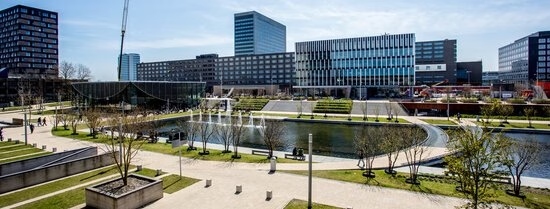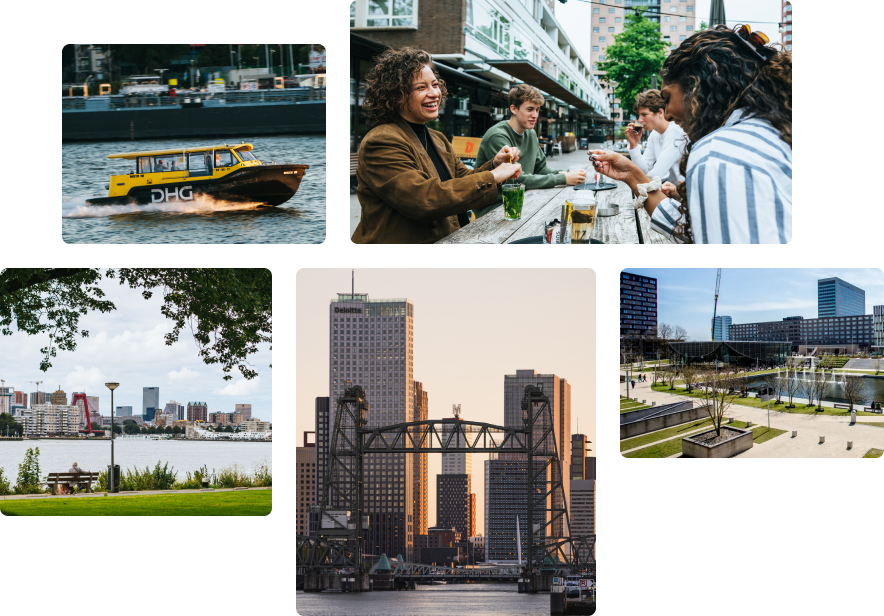Is this the programme you're looking for?
In a world increasingly shaped by uncertainty - climate change, natural hazards, war, displacement - finding creative, sustainable solutions is more urgent than ever. Societies facing crises need professionals who can understand complex challenges and design innovative responses that truly make a difference. Do you want to be one of them?
This master’s programme explores the critical questions:
- What happens before, during, and after a humanitarian crisis?
- How do communities adapt and respond?
- How is international aid coordinated—and how effective is it?
- Most importantly, how can we rebuild in a way that’s smarter, fairer, and more resilient?
Whether it's earthquakes, floods, armed conflict, or the fallout of global displacement, this programme equips you with the tools to analyse, respond to, and shape recovery efforts prioritising sustainability and justice. If you're driven to make a tangible impact where needed most, this programme is for you.
Practical information
- Type
- Master
- Degree
- MSc
- Mode of study
- Full-time
- Instruction language
- English
- Duration
- 1 year
- Study points (EC)
- 60
- Location
- Campus Woudestein
- Start date
- September
- Application Deadline (EEA)
- 1 June
The study programme in a nutshell
Societies in Crisis: Humanitarian Action and Policy Responses is a one-year graduate programme (MSc) that will stimulate you to analyse and create responses to societies undergoing (a humanitarian) crisis.
Is this the right programme for you?
This master’s programme:
- Takes a systems approach to analysing humanitarian crisis, with a multilevel focus that looks at the whole of society.
- Deals with public management and policy of societies in crisis at a governmental, local, international, and non-governmental level.
- Is led by academics with practical experience, who can guide you towards a career in crisis management, humanitarian action, or governance of crisis.
- Takes a critical approach to societal questions and the background to societal or humanitarian crises.
- Links with multiple organisations in The Hague and Rotterdam, focusing on peace, justice, disasters, and humanitarian action.
A note on location:
All classes for this specialisation will take place at the Woudestein campus in Rotterdam and the ISS campus in The Hague.
Career opportunities after graduation
Graduates of this specialisation are equipped to pursue impactful careers in the humanitarian, development, and public policy sectors. With a growing demand for professionals who can navigate crises and shape effective and sustainable responses, you can go off to work for international organisations such as the United Nations, the European Union, or the Red Cross; global and local NGOs; national governments; crisis management agencies; and think tanks. Others might build careers in consultancy, research, or the private sector, especially in roles that intersect with disaster risk reduction, conflict resolution, or sustainable development. Whether coordinating emergency relief, advising on post-crisis reconstruction, or shaping humanitarian policy, this programme prepares you to make meaningful contributions where they matter most.


